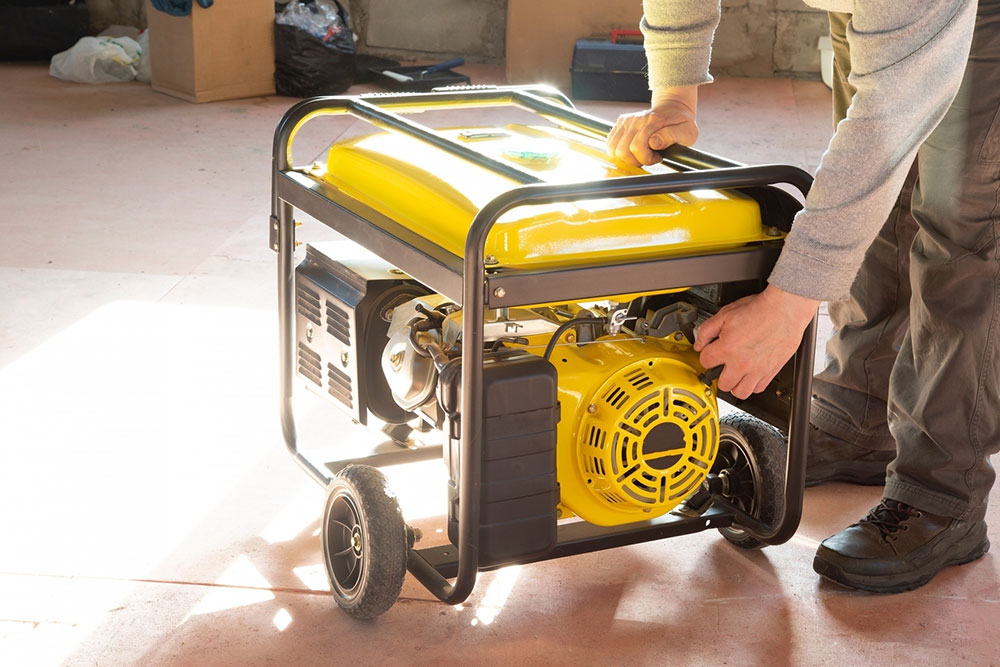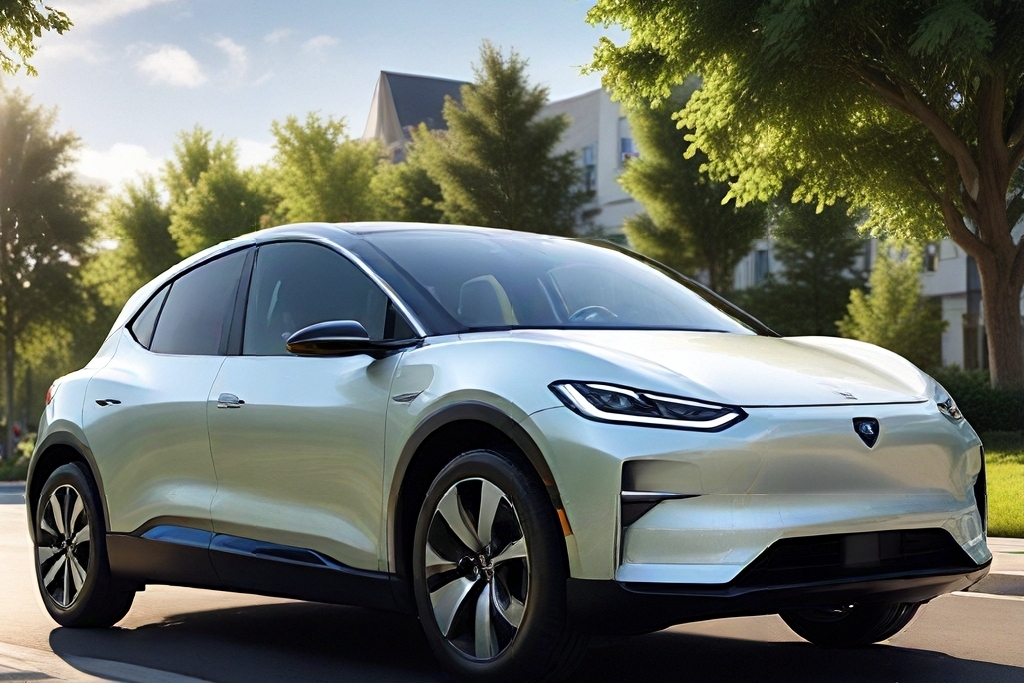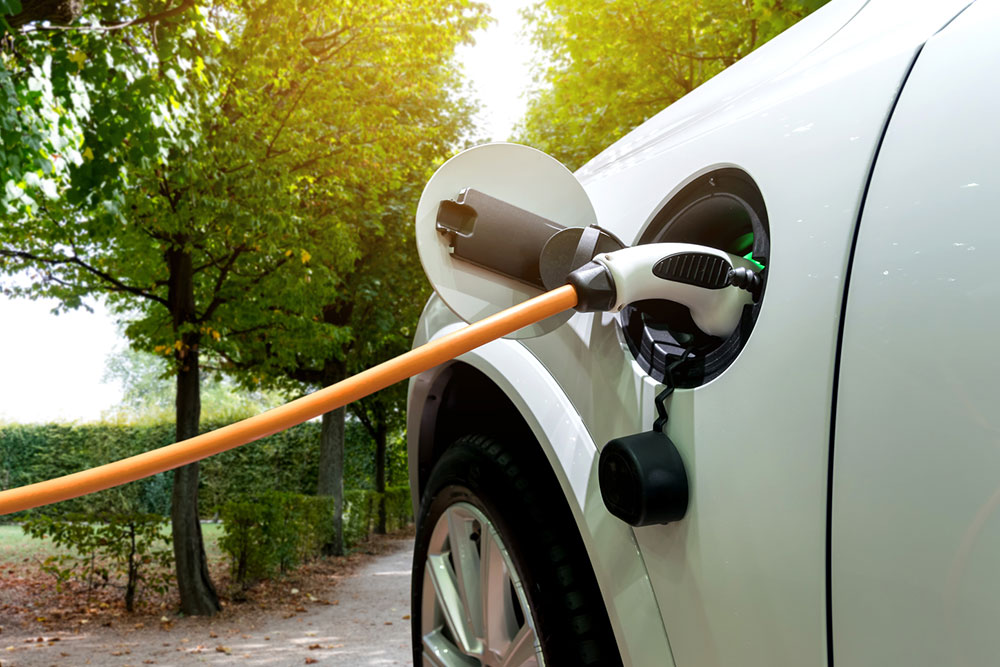Essential Emergency Power Solutions for Seniors: Tips and Key Features
This article provides essential guidance for seniors on selecting emergency generators. It covers types, sizes, budgets, and key features to ensure reliable backup power during outages. The information helps seniors choose affordable, safe, and suitable solutions to protect their health and property, emphasizing safety features and costs associated with various options like portable, inverter, standby, and solar generators.

Essential Emergency Power Solutions for Seniors: Tips and Key Features
Having a reliable emergency generator is crucial for seniors, especially during power outages caused by weather or technical failures. While some appliances like TV or climate control may be optional, critical devices such as medical equipment or sump pumps need continuous power to ensure safety. An emergency generator provides peace of mind, preventing health risks and property damage during outages.
Guidelines for Selection and Important Considerations
1. Clarify Your Purpose
Determine why you need a generator. Whether for backup household power, outdoor activities, or travel, your purpose influences the type and size of generator suitable. Household solutions tend to be larger and pricier, while portable models offer versatility and affordability for outdoor use.
2. Assess Power Needs
Make a list of essential appliances you want to run during outages. Add up their wattages to find the total power requirement. Choose a generator that matches or exceeds this wattage to ensure reliable operation without overload.
3. Know Your Options
Portable Generators
Extremely mobile with wheels, these gasoline-powered units are ideal for camping or RV trips. They are accessible and budget-friendly.
Inverter Generators
Lightweight, quieter, and more efficient, inverter models are great for small appliance power and outdoor activities, though typically more expensive.
Standby Generators
Fixed installations providing automatic power during outages, fueled by natural gas or propane, suitable for whole-home backup, but with higher costs.
Solar Generators
Portable batteries charged via solar panels, eco-friendly, and quiet, fitting for small device support but with a higher initial investment.
4. Budgeting
Large home standby units cost between $10,000 and $15,000 including installation. Portable models usually range from $1,500 to $3,000. Solar systems can be significantly more costly, up to $60,000, but offer sustainable power for extended outages. Seniors are encouraged to seek discounts or special offers from retailers for senior citizens to maximize affordability.
Features to Review
Look for useful features like automatic start, CO shutoff, fuel gauge, and multiple outlets. Avoid extra features that don’t meet your needs to stay within budget. Prioritize safety and convenience features suitable for seniors, such as low-oil shutoff or easy electric start options.










